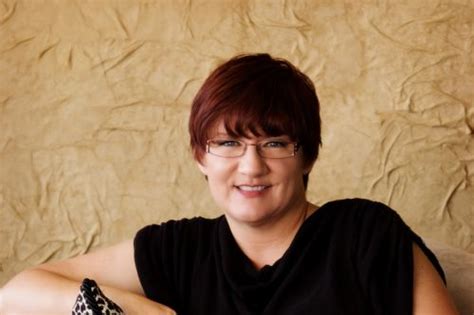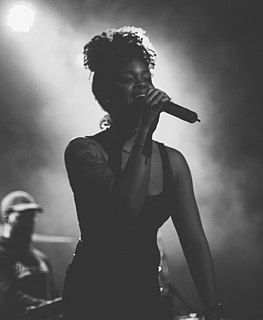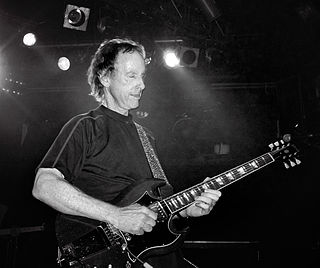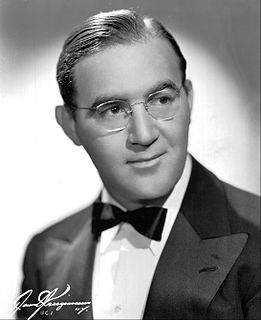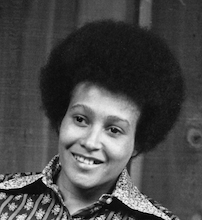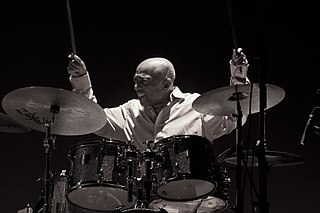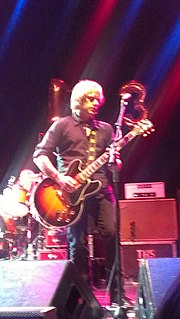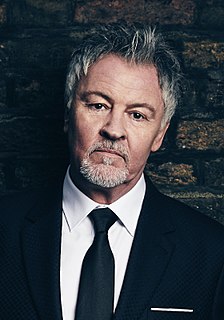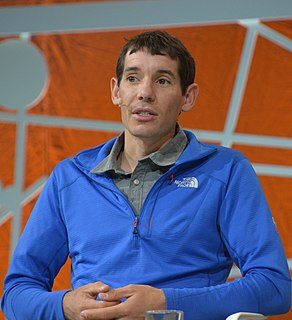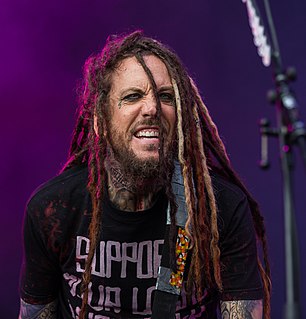Top 144 Solos Quotes & Sayings - Page 3
Explore popular Solos quotes.
Last updated on April 22, 2025.
Not that I play guitar anywhere near as well as she sings, but I think I have always had a tendency to play solos the same way, in emotional relation to the structure of the song. I choose simple lines, and only play what seems emotionally relevant, and often express that emotion in time, that is in play or resistance to the set time of the song.
I kept on buying records and listening to them. Finally, I was able to hear the relationship between the jazz improvisers' solos and the underlying structure that it's based on, the chord progression. That was pretty easy to do in the swing era, y'know, when jazz was, like, pop music, you know. It had made the charts and everything like that.
The chords in 'Light My Fire' are based on [John] Coltrane's version of this song. He just solos over A minor and B minor, which is exactly what we did. Coltrane had played with Miles on Kind of Blue and took the idea of modal soloing over one or two chords farther out than anybody. He was a real pioneer - he just kept evolving, going where no one had ever gone. He could always attain this state of ecstasy when he played. Live, there was so much energy, you couldn't believe it. He would play for hours. It was indescribable.
I do media every day I tour and the travel itself is a bit testing, so I don't get to do much gregarious activity when I'm on the road, but I do enough barbequing and enough hanging out and training with enough law enforcement and military to keep me bright-eyed and bushy-tailed and to make sure my guitar solos every night breath fire.
The Armstrong record that I personally like the most, is a recording of a song by Harold Arlen called, "I Got a Right to Sing the Blues" . Most of Armstrong's solos tended to stick pretty close to the melody. But for some reason, it's like he let go of the tether and suddenly he's playing this beautiful high, almost abstract line that's floating above the beat. I compare it to the way that a 19th century operatic tenor might have sang an Aria because he's just completely let loose of the background and he's making this magic sort of flying above the staff.
I think my first impression (of Bix Beiderbecke) was the lasting one. I remember very clearly thinking, 'Where, what planet, did this guy come from? Is he from outer space?' I'd never heard anything like the way he played-not in Chicago, no place. The tone-he had this wonderful, ringing cornet tone. He could have played in a symphony orchestra with that tone. But also the intervals he played, the figures-whatever the hell he did. There was a refinement about his playing. You know, in those days I played a little trumpet, and I could play all the solos from his records, by heart.
In those days before hearing Charlie Parker and Dizzy, and before learning of the so-called bebop era--by the way, I have some thoughts about that word, "bebop"--my first jazz hero ever, jazz improvisor hero, was Lester Young. I was a big "Lester Young-oholic," and all of my buddies were Lester Young-oholics. We'd get together and dissect, analyze, discuss, and listen to Lester Young's solos for hours and hours and hours. He was our god.
When we work together as a group we don't contribute individually as much as I do when I'm working on my solos. I try to give as much input when I'm working on a song or album but as a group it's kind of difficult since there are five of us. Having all of us contribute to the same extent is a little more challenging than when doing our own things.
There was a lot that was tricky about playing with [Thelonious Monk]. It's a musical language where there's really no lyrics. It's something you feel and you're hearing. It's like an ongoing conversation. You really had to listen to this guy. Cause he could play the strangest tempos, and they could be very in-between tempos on some of those compositions. You really had to listen to his arrangements and the way he would play them. On his solos, you'd really have to listen good in there. You'd have to concentrate on what you were doing as well.
How could I resist? Look, I love that record and have nothing but great, great memories of my time with BLACK SABBATH . Tony was really busy but got his solos to me at the last minute as he promised and they are just fantastic. I think BLACK SABBATH fans will be over the moon when they hear what he's done. As for Roger and Ian , well, they just sound great on this song so it really did become 'Black Purple'. Personally, I love the irony of it all.
When I got to Performing Arts, within the first week, a few days, Bill Charlap walked in and couldn't read music but he's playing all these solos from Keith Emerson of ELP, and Rick Wakeman from Yes. Real impressive rock piano and keyboard things. And we had really, truly amazing young 13-14 year old classical players in our year who had been practicing six, eight hours a day for eight years. So it was like "Whoa."
I can't draw. But I can draw with sound. That's the most useful thing I learned in terms of what my craft is... The arrangements were mine. They were little lines and stuff that I had written myself... And I was locked into this idea that vocals didn't count, melodies didn't count, songwriting craftsmanship didn't count. The only thing that counted was high arching guitar solos...
That solo on "Lord, I'm Discouraged" in terms of notes it isn't anything like it, but in terms of aesthetic, it's direct rip-off from the "November Rain" solo. In fact, when I did it, I imagined myself walking out of a church, walking out onto a cliff and doing a guitar solo. Slash has always been one of my favorites because the guy uses a lot of melody in his solos.
The amazing thing about Sweets [Edison] was that he exactly spoke the way that he played! He was really unique, the one and only. He was one of the greatest Blues players that I ever heard and played with. Nobody can play like Sweets man, nobody! Most of us, musicians, frequently quote Sweets' phrases in our solos. Like Lester Young, Sweets had a big influence on us musicians, especially when we play some Blues.
